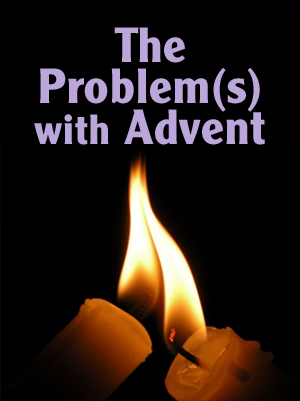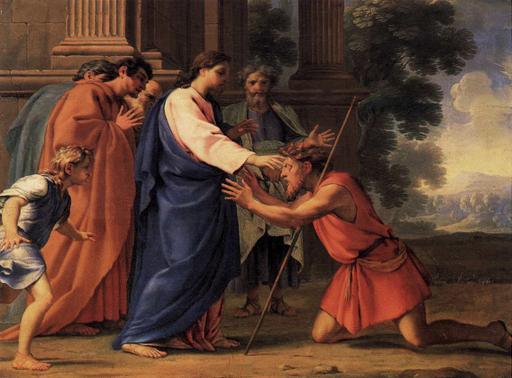Saint Patrick’s Day
Today is the feast day of a saint.
Everyone knows St. Patrick—the patron saint of Ireland, who lived 1600 years ago.
On a typical day Bishop Patrick donned a green robe and frolicked in the meadows of pagan Ireland, encouraging snakes to slither toward the sea and picking shamrocks.
At sunset, he would gather all his friends, neighbors, parishioners and merest acquaintances to join him in downing fermented beverages. As the night wore on, his inebriated following would begin asking theological questions—the answers to which Patrick excelled. He would pull a shamrock from the green nosegays he had collected earlier in the day and begin to explain the Trinity. His followers understood his teachings with amazing clarity.
The next morning, Patrick would pour himself a green milkshake. It helped the pounding in his head that came from thinking too hard about the Trinity.
And then he would sit down and write a hymn. It’s been a very long time since he wrote his most famous hymn. The tune is a rather awkward sequence of notes but the words reveal Patrick’s inner heart.
It reveals a man of piety that his festival day no longer honors.
I bind unto myself today
the strong Name of the Trinity,
by invocation of the same,
the Three in One, and One in Three.
I bind this day to me for ever,
by power of faith, Christ’s Incarnation;
his baptism in Jordan river;
his death on cross for my salvation;
his bursting from the spicèd tomb;
his riding up the heavenly way;
his coming at the day of doom:
I bind unto myself today.
I bind unto myself the power
of the great love of cherubim;
the sweet “Well done” in judgment hour;
the service of the seraphim;
confessors’ faith, apostles’ word,
the patriarchs’ prayers, the prophets’ scrolls;
all good deeds done unto the Lord,
and purity of virgin souls.
I bind unto myself today
the virtues of the starlit heaven
the glorious sun’s life-giving ray,
the whiteness of the moon at even,
the flashing of the lightning free,
the whirling wind’s tempestuous shocks,
the stable earth, the deep salt sea,
around the old eternal rocks.
I bind unto myself today
the power of God to hold and lead,
his eye to watch, his might to stay,
his ear to hearken, to my need;
the wisdom of my God to teach,
his hand to guide, his shield to ward;
the word of God to give me speech,
his heavenly host to be my guard.
Christ be with me,
Christ within me,
Christ behind me,
Christ before me,
Christ beside me,
Christ to win me,
Christ to comfort
and restore me.
Christ beneath me,
Christ above me,
Christ in quiet,
Christ in danger,
Christ in hearts of
all that love me,
Christ in mouth of
friend and stranger.
I bind unto myself today
the strong Name of the Trinity,
by invocation of the same,
the Three in One, and One in Three.
Of whom all nature hath creation,
eternal Father, Spirit, Word:
praise to the Lord of my salvation,
salvation is of Christ the Lord.
Who is the real St. Patrick?
The real St. Patrick was captured as a teen and taken as a slave to Ireland where he herded sheep—good training for a bishop. He describes his six years as a slave as prayer-filled. A vision put the idea of escape in his head. He ran 200 miles to the shore and hopped a ship. He reconnected with his family in Britain and studied for the priesthood. He returned to Ireland as bishop. It is unclear whether his assignment was to convert the pagans to Christianity or to protect the existing Christians as a minority religion. Either way, St. Patrick was a man of piety and prayer. His earliest followers and admirers depicted him wearing blue.
He was not always revered. Contemporary Irish wrote this mocking ditty:
Across the sea will come Adze-head crazed in the head,
his cloak with hole for the head, his stick bent in the head.
He will chant impieties from a table in the front of his house;
all his people will answer: “so be it, so be it.”
That his festival day, which commemorates his death, has become a day of debauchery is a fairly recent historical phenomenon. The Republic of Ireland began highlighting the day in mid-1990s as a sort of branding. The intent was to unite Irish worldwide, projecting a culture rich in the arts. It was done in the name of national pride, tourism and economic development.
It has become a showcase for branding gone wrong. The intent failed to communicate the desired message. The imagery and reputation fell into the hands of the Irish themselves and Irish wannabes—consumers, so to speak. It immediately became associated with revelry — not artistry. It got out of control bigtime and became the advertising vehicle for big box stores, merchants of almost anything and every corner pub in the Anglo-influenced world.
Only some 20 years after setting out to create a cultural asset—even the Irish are trying to find ways to rein it in.
Too late. St. Patrick will be forever rolling in his grave.







